General information about ADHD
In these sections the user will be able to access information about ADHD, its repercussions, the available medications and the adverse effects they produce. We hope that this information will be useful in deciding on ADHD treatment preferences.
Insomnia
Some medications used to treat ADHD may cause insomnia, which is difficulty falling or staying asleep. Medications that cause this adverse side effect very often do so. However, this side effect is usually mild and remits when the patient stops taking the treatment.
How is ADHD treatment related to insomnia?
Insomnia is difficulty getting to sleep or staying asleep and can manifest itself as difficulty falling asleep (initial insomnia), waking up frequently during the night, or waking up very early in the morning, earlier than expected (terminal insomnia). Insomnia disrupts how a person functions during the daytime and often causes tiredness and difficulty concentrating.
Some medications used to treat ADHD cause insomnia, especially early insomnia. Studies carried out over a few weeks or months have shown that up to 40% of patients may have this adverse side effect, and that the frequency is 2-3 times higher in ADHD patients than those not receiving active treatment. However, this side effect usually improves when the treatment dose is reduced, and remits when treatment is withdrawn.
Do you need to make a clinical decision?
EVIMATIC® is the first digital health tool that generates decentralized, automated, personalized, participatory and explanatory treatment recommendations that are presented in the format of clinical practice guidelines.
Do you need to make a clinical decision?
EVIMATIC® is the first digital health tool that generates decentralized, automated, personalized, participatory and explanatory treatment recommendations that are presented in the format of clinical practice guidelines.













